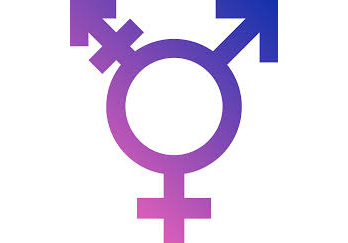The Indian government must ensure protection of rights of transgender people in line with its international obligations and the seminal ruling of the Supreme Court in National Legal Services Authority (NALSA) v. Union of India, the ICJ said in a briefing paper released today.
“While there has been some progress over the past two years since the NALSA judgment, it is not enough,” Sam Zarifi, ICJ’s Asia Pacific Director said. “India must take steps to immediately implement all directions of the Supreme Court, and ensure that transgender persons in India can enjoy the full range of their human rights, free from discrimination and violence”.
“The directions in the NALSA judgment provide an important charter for transgender rights in the country,” Zarifi added. “It is time for the government to uphold the equality and dignity of transgender persons in India, and enable them to fully enjoy their human rights, free from discrimination and violence”.
The ICJ’s briefing paper addresses questions regarding the scope of the NALSA decision; the government’s role and responsibility in implementing it; what implementation steps have been taken so far and other related developments since the judgment; what the significant gaps in implementation have been; and India’s relevant international human rights law obligations.
Background
On 15 April 2014, the Indian Supreme Court released its judgment in the NALSA case.
Grounding its reasoning in the rights to equality, non-discrimination, freedom of expression and dignity, the Court affirmed transgender persons’ right to their self-identified gender, such as male, female or as third gender, and directed the government to grant legal recognition of the same and to take specific steps to ensure equality and non-discrimination for transgender persons.
It has now been two years since the NALSA decision.
But the Indian Central and state governments have still not implemented some of the core directions set out in the judgment.
For example the basic process of accessing legal gender recognition remains unclear, with individuals being forced to navigate a dizzying array of bureaucratic hurdles.
India has ratified several international human rights instruments that require the government to respect, protect and fulfill the right to equality and non-discrimination for transgender people.
Contact:
Danish Sheikh: t +91 8197979171
Sanhita Ambast: t +91 9810962193
India-Q&A NALSA-Advocacy-Analysis brief-2016-ENG (full brief, in PDF)

